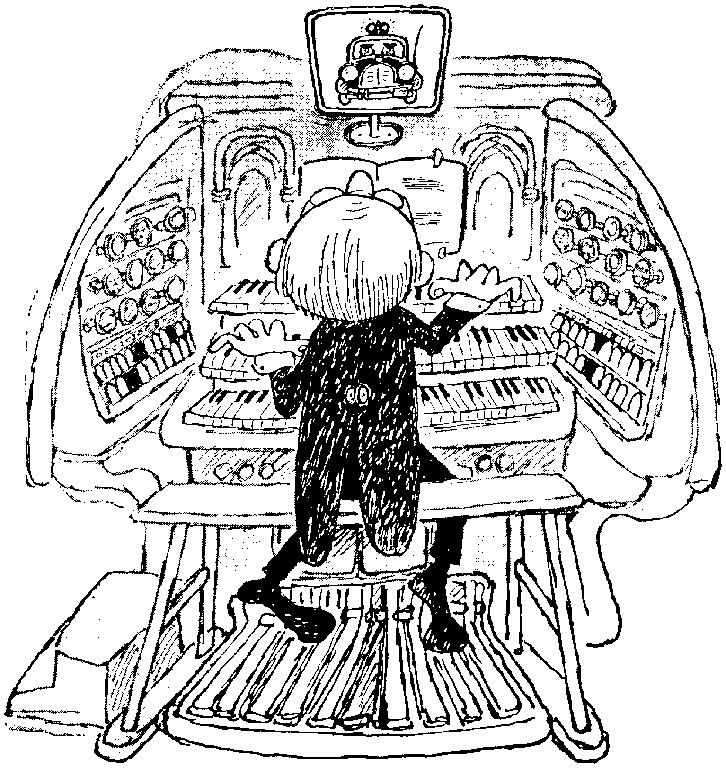By Daniel Hathaway
Pianist Daniil Trifonov joins Franz Welser-Möst and The Cleveland Orchestra in the first Severance Music Center concert of the season at 7:30 pm. On the docket: Brahms’ First Piano Concerto & Prokofiev’s Sixth Symphony (repeated on Sunday at 3, and live streamed on the Orchestra’s Adella and Deutsche Grammophon’s Stage+ platforms).
At 6:30, Welser-Möst and Cleveland Orchestra President and CEO André Gremillet will join in a season preview conversation in Reinberger Chamber Hall.
And tonight at 8, Canton Symphony hornists Ben Reidhead and Micah Northam will perform during Canton Symphony Uncorked in the center of The Pavilion at Gervasi Vineyard.
Check our Concert Listings for forthcoming events.
TODAY’S ALMANAC:
Two American musical scholars and a pair of contemporary composers share birthdates on September 28, and a British musical humorist bade adieu to the world of classical music, leaving it a bit less serious about itself than before.

American composer Vivian Fine came onto the scene in 1913 in Chicago, and Chinese-American composer Huang Ruo followed in 1976 on Hainan Island off the southern coast of China.
Fine was a protege of Ruth Crawford, who introduced the young composer to Henry Cowell and his circle. She later became a member of Aaron Copland’s Young Composers Group, and helped found the American Composers Alliance. She became one of New York’s go-to performers of contemporary piano music in the 1930s. Fine later joined the faculty of Bennington College in Vermont, where she died at the age of 86 from injuries sustained in a motor accident.
As a composer, Vivian Fine seemingly broughtdd a unique style to each of her works, many of which conveyed a sense of humor and fun. For just two examples, click here to hear her Missa Brevis per quattro violoncelli e voce registrata (1972) performed by mezzo-soprano Jan DeGaetani with cellists Eric Barlett, David Finckel, Michael Finckel and Maxine Neuman, and here to listen to her Songs and Arias (1992), performed by the Luna Nova Ensemble (Robert Patterson, horn, Gregory Maytan, violin, and Craig Hultgren, cello).
After entering the Shanghai Conservatory at the age of 12, Huang Ruo studied at the Oberlin Conservatory and at Juilliard. He was one of the original founders of the International Contemporary Ensemble (ICE).
Click here to watch violinist Jennifer Koh play his A Dust in Time (Passacaglia for Solo Violin), and here to watch Wu Wei and Friederike Richter perform his Wind Blows in a version for sheng and piano. There’s also a version for oboe and orchestra, performed here by García-Cano with Muhai Tang and the Beijing Symphony.
Doubling back on the notion of “music that conveys a sense of humor and fun,” we can mark the finale of English humorist, musician (he played tuba), and cartoonist Gerard Hoffnung (self-parodied above) in London on this date in 1959. Who can forget the several iterations of the Hoffnung Festival — evenings of musical parody — at the Royal Festival Hall in the 1950s? Click here to visit Hoffnung: A Last Encore, a 1973 double album of excerpts of Hoffnung’s humorous speeches and interviews. “This album brings together all of the BBC Archive material in existence, much less, alas, than one would have wished due to Gerard Hoffnung’s untimely death at the age of 34 in 1959.” And click here to watch how excerpts from the Hoffnung Festivals translate to an audience in Prague (or do they?)




